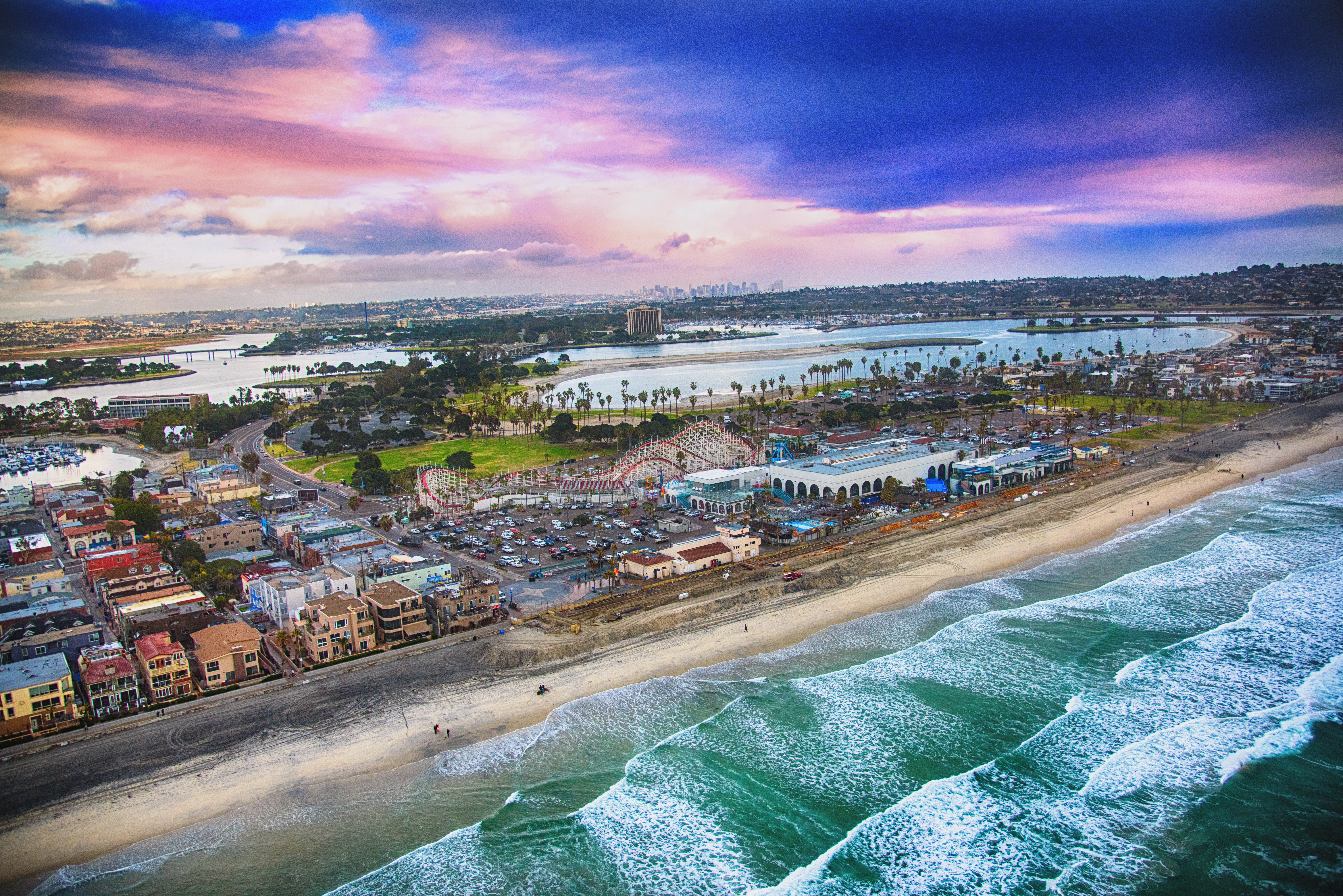The smell is unavoidable.
“So gross in here,” Bethany Case said. “It smells so bad. It smells like horse manure. It smells like human waste. It smells chemically.”
Case was walking down a muddy trail in the Tijuana River Valley Regional Park alongside Gabriela Torres. The mud was apparently saturated with sewage.
“I’m really struggling right now,” said Torres. “I can’t wait to get out of this area. The smell is really nasty.”
Get top local stories in San Diego delivered to you every morning. >Sign up for NBC San Diego's News Headlines newsletter.
Every time it rains, the Tijuana River floods the valley. However, the river has been polluted with millions of gallons of raw sewage from Mexico. That raw sewage and accompanying dangerous toxins eventually work their way through the Tijuana Estuary and out to local beaches.
The problem has been going on for decades. The few hours of rain on Wednesday will likely close the beaches in Imperial Beach for days.
The trails Case and Torres walked are also closed.
Local
“This is a public park,” Torres said. “Anyone has access to this to enjoy with their family.”
The duo from Surfrider San Diego were not enjoying it, as they took water samples. One sample from the flooded trail held in a clear bag looked murky and yellowish brown in the light.
“That’s definitely contaminated at probably the highest levels on the chart,” Torres said.
Torres hoped the data they collect every week can convince the county of San Diego to declare a state of emergency in the region.
“The only glimmer of light we have right now is the San Diego County Board of Supervisors declared a public health crisis right now because of this issue, and this trash and this sewage,” Torres said with a sigh.
“I had more complaints about the stench from sewage than I did about the pandemic,” Imperial Beach mayor Serge Dedina said. “That’s how bad it was. They’re subjected to this stench you smell that’s now in the river. It’s going to be there for the next six months.”
Dedina has battled the environmental issue for years. It came to a boiling point when it was learned that Tijuana dumped millions of gallons of raw sewage into the river and didn’t notify its neighbors to the north. The beaches in Imperial Beach have been off-limits to swimmers longer than they’ve been open since. Dedina said they were closed for nine months in 2020.
The Imperial Beach mayor said he was pleased the county acknowledged the pollution was a public health crisis. Dedina and Surfrider agree that declaring a state of emergency for the region could unlock access to more money to clean the area and get the ball rolling faster on a permanent solution.
“We’re going to have to up our game and push harder to get to the finish line,” Dedina said.
Dedina said cleaning the area is a major problem. but making sure it doesn’t get polluted again is another. He said he wants the county and the state of California to pressure the federal government to build a diversion and treatment facility along the border to treat the river water.
A spokeswoman for San Diego County Board of Supervisors vice-chair Nora Vargas said the supervisor will have the new South County Environmental Justice Task Force discuss a declaration for a state of emergency. Vargas pushed for the public health crisis announcement. The spokeswoman said the announcement could lead to more funding from public health entities.
“We’ve got some momentum finally,” Case said.
“I think the will is there,” agreed Torres, who hoped the data they collect convinces the county to declare a state of emergency. The state of California could follow suit, which could bring millions of dollars for cleaning and infrastructure improvements.
“It’s time now to really clean this up,” concluded Torres, who was happy to be wearing a face mask.



